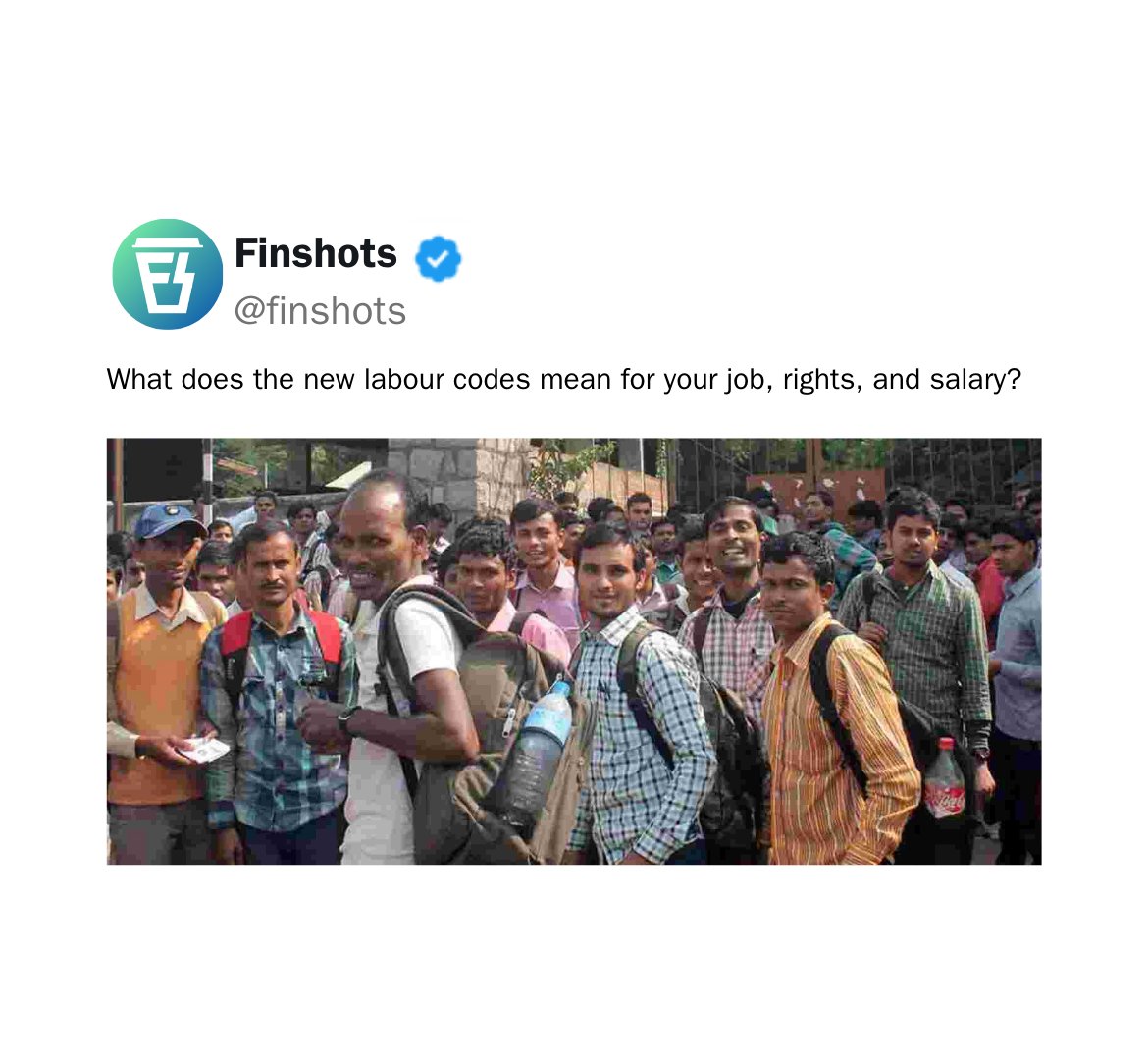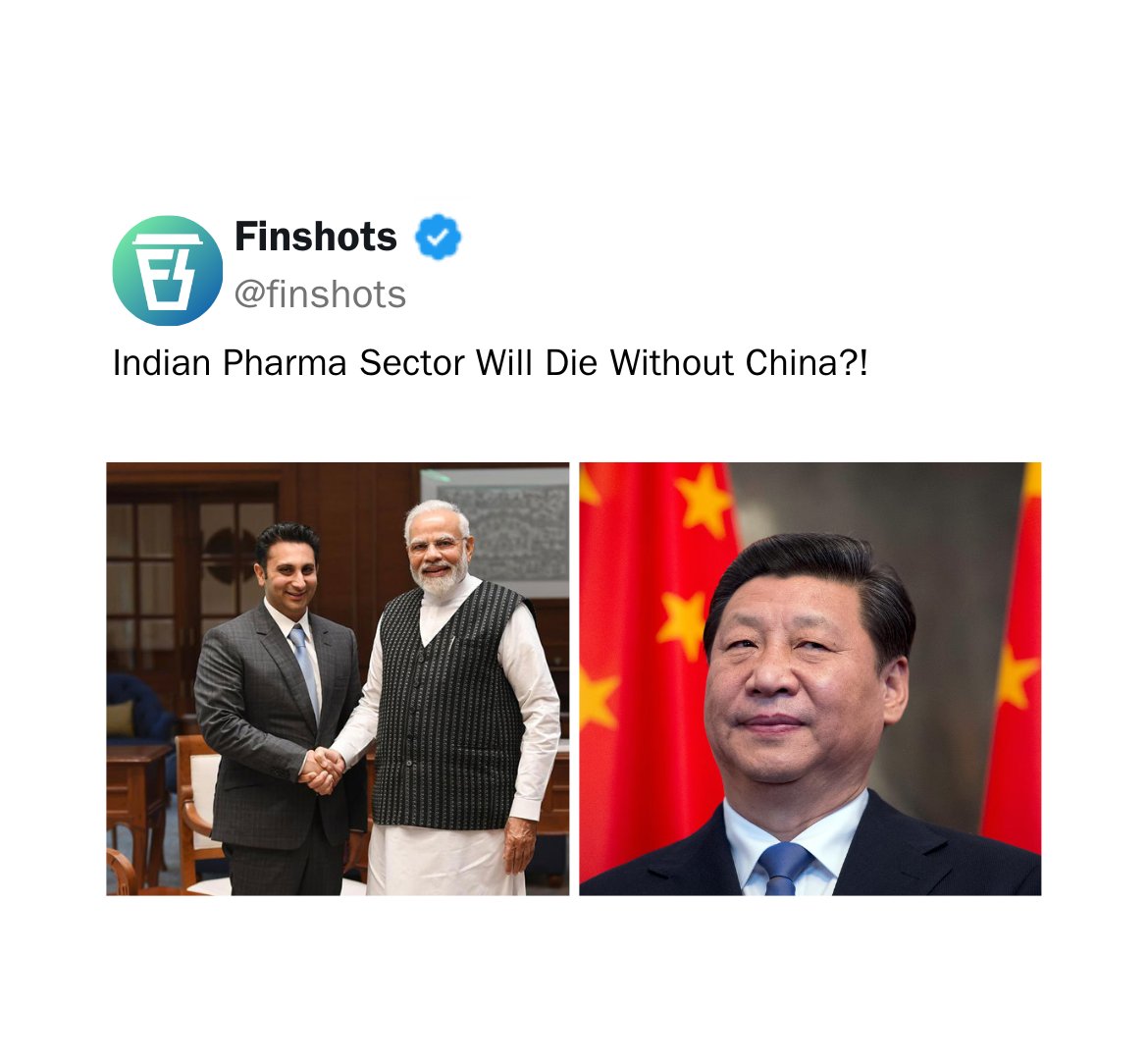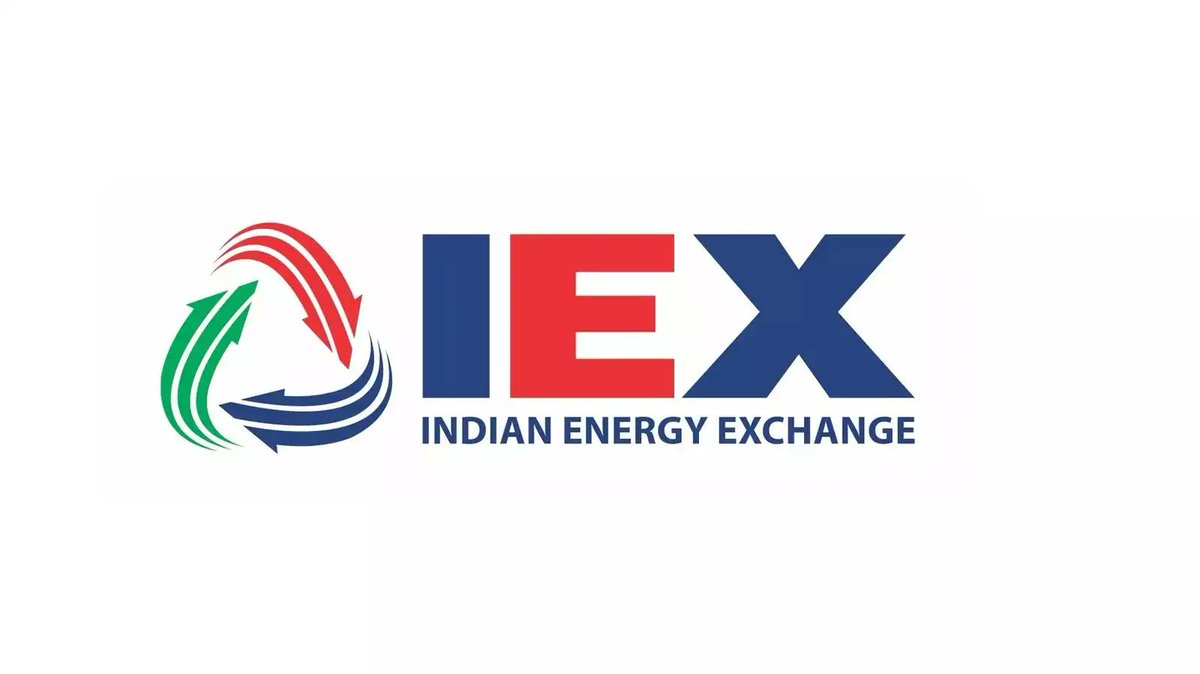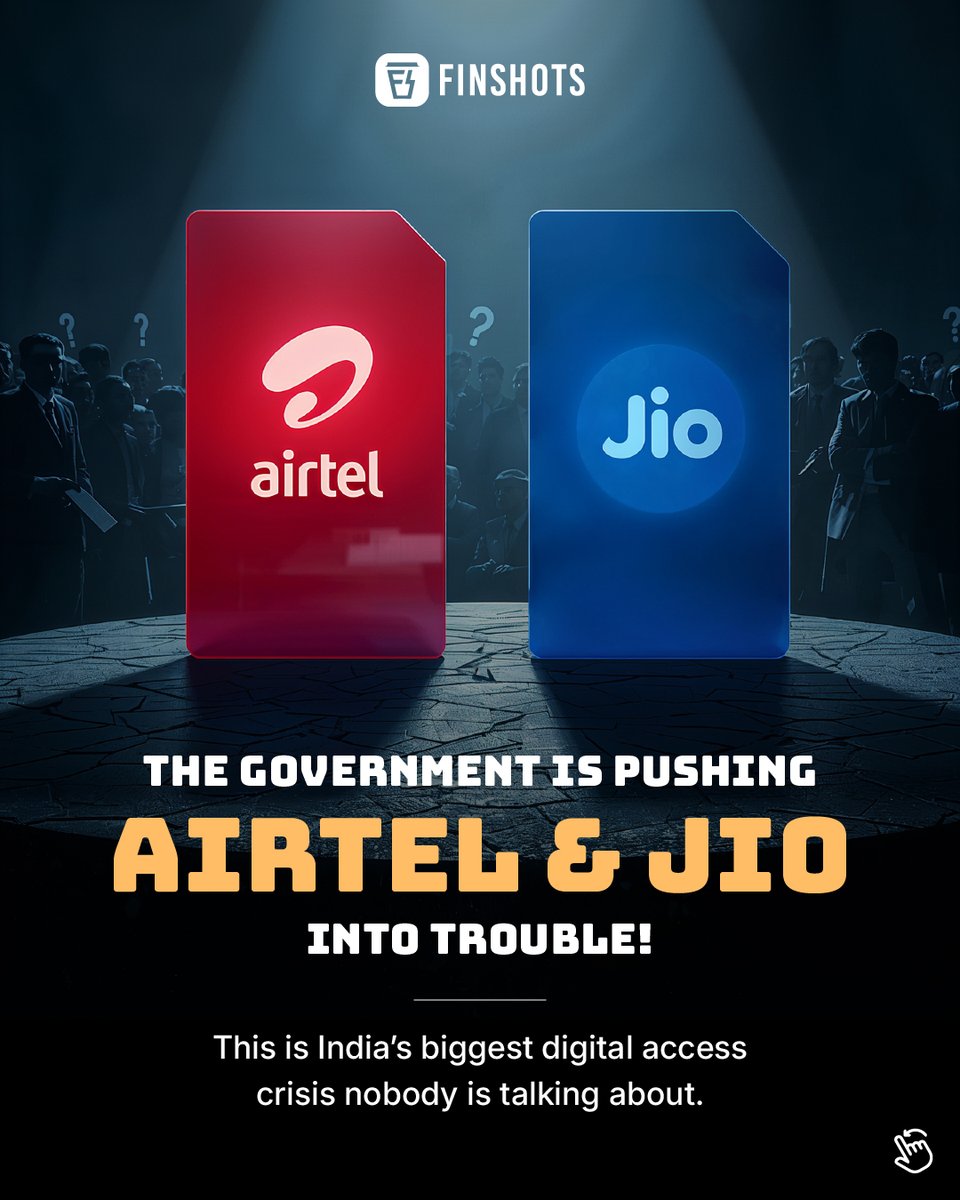"Good is the enemy of great. We don't have great schools, principally because we have good schools. We don't have great governments, principally because we have good governments. Few people attain great lives, in large part because it is just so easy to settle for a good life.
The vast majority of companies never become great, precisely because the vast majority become quite good - and that is their main problem."- These are excerpts from the best selling business book Good to Great
In it, the author James Collins weaves a compelling narrative about 11 companies that seemingly cracked the code of success & made the leap from good to great; with the company's stock dramatically outperforming the market and its competitors over a sustained period.
And truth be told, it's a great book. It has sold millions of copies since its publication and is considered essential reading by most business gurus. In fact we wrote our first story premised on ideas from this book. However there is one tiny problem.
Since it was originally published only 4 of those great companies have continued to outperform. The other 7 companies have been bang average. Some fared even worse. One of these companies- Circuit City filed for bankruptcy back in 2008.
So what happened? How did James Collins get it so wrong?
Well, a part of it could be attributed to our tendency to underplay luck & attribute success to visibly controllable things like leadership. We have this innate desire to connect dots & make sense of the world around us
Well, a part of it could be attributed to our tendency to underplay luck & attribute success to visibly controllable things like leadership. We have this innate desire to connect dots & make sense of the world around us
We want it to be true. We crave for it to be true. When we can't figure it ourselves we seek others for an explanation. We will turn to anybody who can attribute a cause and effect sequence to success even when we know life is highly uncertain and chance dictates most outcomes.
They call this the narrative fallacy & it's a key feature of the human psyche that's rife for exploitation. So if you are looking for an elaborate account on how to trick the brain & influence people here's another case study from our latest newsletter markets.finshots.in/the-china-pump/
• • •
Missing some Tweet in this thread? You can try to
force a refresh










